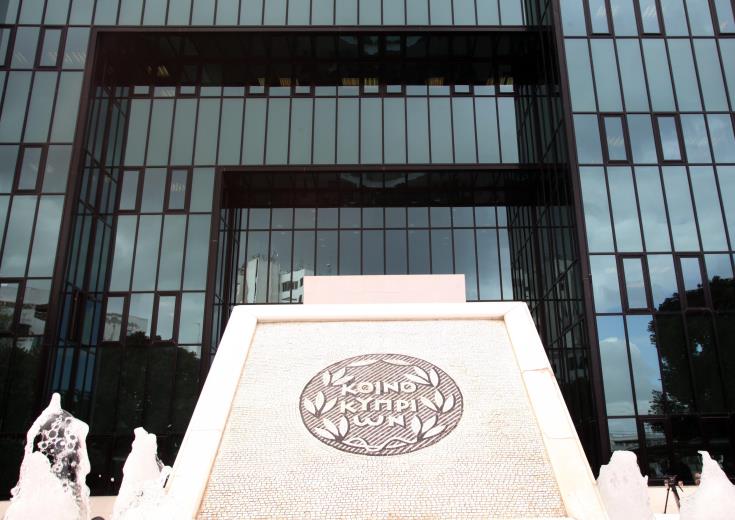Bank of Cyprus, the one-time bellwether company of the services-based economy, continues to struggle with rising staff costs, little new business and a non-performing loan portfolio that refuses to go down.
The bank announced a first-half after-tax profit of a mere €1 mln, an improvement; one could say, from the €7 mln loss in the first quarter.
Having completed the sale of yet another chunk of its bad loans, under the Helix 2 ‘A’ and ‘B’ portfolios in the first two quarters of the year, lowering its non-performing exposures by €1.3 bln, the bank is still burdened with an NPE loan book of €1.6 bln.
Add to this the inflated payroll and unproductive staff cost, which increased by 2% in the second quarter, and the across-the-board drop in new lending, the only exception loaning for retail housing that increased from €102 mln in Q1 to €124 mln, the highest it’s been in a year.
The bank expects to do better as the improving Covid vaccination rollout is helping raise economic sentiment.
The only bright spot in the Group remains its Eurolife insurer and the General Insurance Company (Genikes), which combined contributed over €30 mln to revenues.
The bank continues to rely on its non-interest income (NII), which grew by about 26% quarter-on-quarter from €60 mln to €76 mln in Q2, from fees, charges and other costs imposed on consumers and customers.
Repeating earlier quarterly reports, Group Chief Executive Panicos Nicolaou said: “Our strategy is beginning to deliver results, demonstrated by the improvement in our performance before non-recurring items which nearly doubled on the prior quarter.
“At the same time, we further strengthened our balance sheet through the completion of Project Helix 2, and successfully accessed the markets twice in the quarter, refinancing our Tier 2 capital notes, and early achieving our interim regulatory MREL requirement.”
Voluntary retirement
In a recent commentary in her monthly Sapienta Country Analysis, economist Fiona Mullen said Cyprus banks “are gearing up for more voluntary retirement schemes in an effort to contain costs that may be related to a report by the European Central Bank (ECB) published in July.”
She said the ECB found under its adverse scenario for stress tests that Bank of Cyprus (BOC) and Hellenic would fall below the minimum 8% threshold for common equity tier 1 (CET1) capital.
While the ECB said the stress test “is not a pass or fail exercise”, the findings would be “part of the ongoing supervisory dialogue”.
Both BOC and Hellenic Bank are also obliged to issue debt securities to meet certain capital buffer requirements, Mullen added.
Bank of Cyprus is rumoured to be preparing another round of voluntary retirement schemes, this time targeting up to 1,000 staff.
According to media reports, banks are also trying to reduce the €200,000 tax-free lump-sum payments typically paid for voluntary exits to reduce the cost-to-income ratio, considered the third highest in the European Economic Area (EEA).










